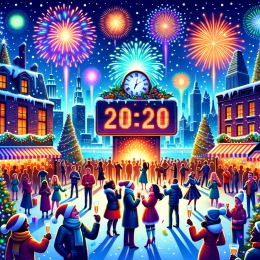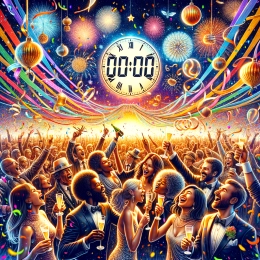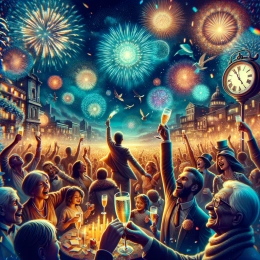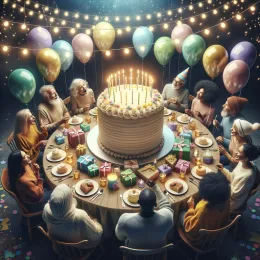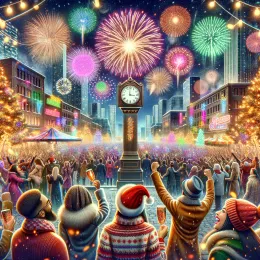The Symbolism of Light and the Triumph of Good: The Philosophy of Diwali
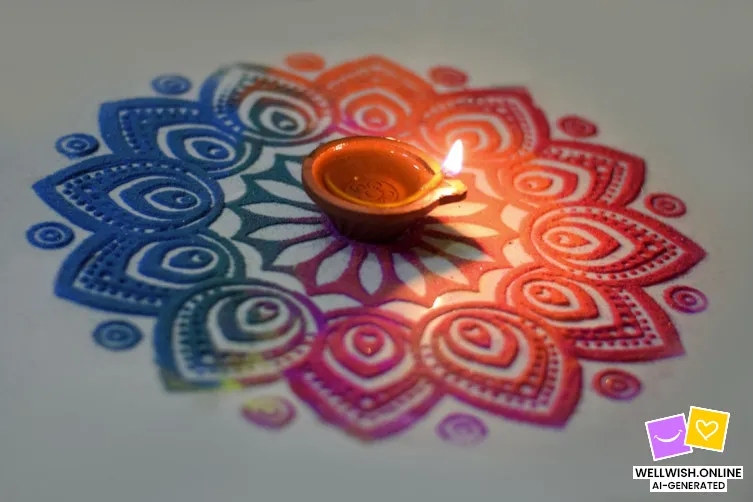
The Symbolism of Light and the Triumph of Good: The Philosophy of Diwali
Diwali, also known as the Festival of Lights, is one of the most celebrated and cherished festivals in Indian culture and beyond. It embodies a rich tapestry of symbolism, philosophy, and tradition that transcends mere festivity. At its core, Diwali is a profound representation of the victory of light over darkness, knowledge over ignorance, and good over evil. This celebration invites individuals to reflect on the deeper meanings behind the luminous lamps that adorn homes and streets, illuminating not only physical spaces but also the inner realms of the human spirit.
The essence of Diwali is steeped in stories and teachings that have been passed down through generations, each contributing a unique perspective to the festival’s overarching message. The interplay between light and darkness serves as a metaphor for life’s eternal struggles and triumphs, encouraging a philosophical exploration of human values and aspirations. Understanding this symbolism enriches the experience of the festival, revealing how ancient wisdom continues to inspire contemporary life.
The Historical and Mythological Foundations
To appreciate the depth of Diwali’s significance, it is important to delve into its historical and mythological roots. Various narratives across different regions of India converge upon similar themes of righteousness and cosmic order. One of the most prominent stories is the return of Lord Rama to Ayodhya after a 14-year exile and his victory over the demon king Ravana. The citizens’ lighting of oil lamps to welcome Rama symbolizes the dispelling of darkness and the restoration of dharma, or moral order.
Another significant tale involves Lord Krishna defeating the demon Narakasura, thereby liberating the world from tyranny and fear. These stories, among others, highlight the universal theme of good overcoming evil, a message that resonates deeply during the Diwali celebrations.
Key Mythological Events Associated with Diwali
| Event | Significance | Symbolism |
|---|---|---|
| Return of Lord Rama | Victory of good over evil | Light as hope and renewal |
| Krishna’s defeat of Narakasura | Liberation from fear and oppression | Light as protection and courage |
| Goddess Lakshmi’s blessing | Prosperity and well-being | Light as divine grace and abundance |
The Philosophical Dimensions of Light
Light is a universal symbol with multifaceted meanings. In the context of Diwali, it transcends the physical illumination provided by lamps and fireworks to embody spiritual awakening and enlightenment. The dispelling of darkness is not only about overcoming external adversities but also about conquering internal ignorance and negativity. This internal battle is central to the festival’s philosophy, encouraging self-reflection and the pursuit of wisdom.
The light of Diwali, therefore, serves as a metaphor for knowledge, purity, and clarity. It represents the inner illumination that guides individuals on the path of righteousness and ethical living. By lighting lamps, participants symbolically invite this light into their lives, fostering a sense of hope, renewal, and moral strength.
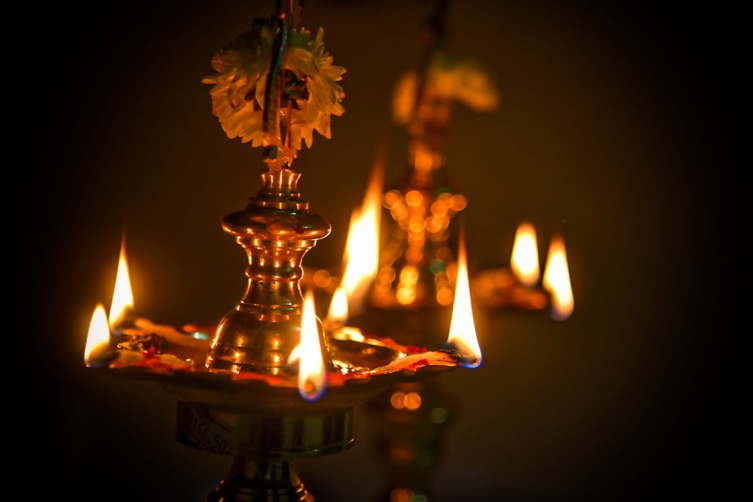
Philosophical Concepts Related to Light
- Jnana (Knowledge): Light symbolizes the illumination of the mind, dispelling ignorance.
- Dharma (Righteousness): Light represents adherence to moral principles and cosmic order.
- Shakti (Divine Energy): Light embodies the presence of divine energy that empowers and protects.
- Moksha (Liberation): Light is a metaphor for spiritual liberation and freedom from bondage.
The Social and Cultural Impact of Diwali’s Symbolism
The celebration of Diwali extends beyond personal spirituality to encompass social harmony and cultural unity. The communal lighting of lamps and fireworks creates a shared experience of joy and optimism. This collective illumination symbolizes the triumph of community spirit and cooperation over discord and division. In many ways, the festival functions as a reminder of the importance of solidarity and mutual support in facing life’s challenges.
Furthermore, Diwali’s emphasis on generosity and charity reflects the ethical dimension of its philosophy. Acts of giving and kindness during the festival embody the light of compassion, reinforcing social bonds and fostering a culture of empathy. This interplay between individual enlightenment and social responsibility is a powerful aspect of Diwali’s enduring relevance.
Rituals and Their Symbolic Meaning
The various rituals performed during Diwali are rich with symbolic significance. Each act, from cleaning the home to lighting diyas and setting off fireworks, carries a deeper meaning that contributes to the festival’s philosophical message. Cleaning the home, for example, represents purifying one’s environment and mind, preparing to receive positive energy and blessings.
Lighting diyas is the most iconic ritual, symbolizing the inner light that dispels darkness and negativity. Fireworks add to this symbolism by representing the destruction of evil forces and the celebration of victory. The worship of Goddess Lakshmi during Diwali emphasizes the pursuit of prosperity and well-being, linking material abundance with spiritual grace.
Summary of Diwali Rituals and Their Meanings
| Ritual | Symbolism |
|---|---|
| Cleaning and decorating the home | Purification and readiness for good fortune |
| Lighting diyas | Illumination of knowledge and removal of darkness |
| Fireworks | Celebration of victory and dispelling evil |
| Prayer to Goddess Lakshmi | Seeking prosperity and divine blessings |
Modern Interpretations and Global Influence
In today’s world, the principles underlying Diwali continue to inspire people across cultures and religions. The symbolism of light overcoming darkness resonates universally, emphasizing hope, resilience, and renewal. Many communities outside India have adopted Diwali celebrations, adapting its philosophy to local contexts while preserving its core message.
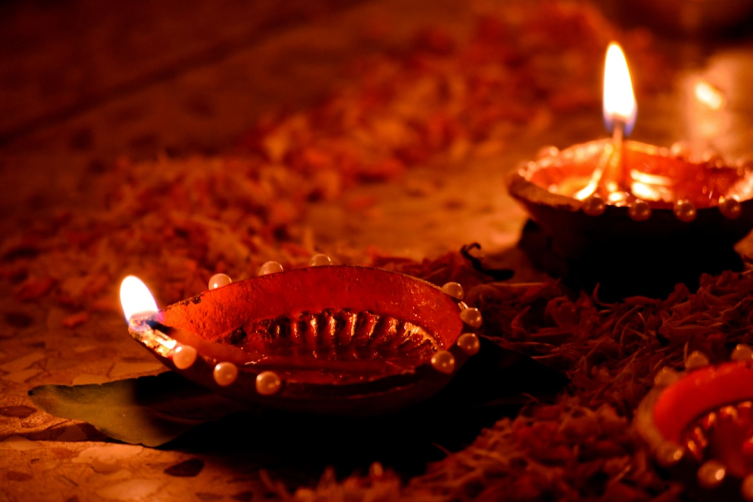
This global embrace demonstrates the festival’s profound capacity to unify diverse populations through shared values. Moreover, contemporary interpretations often highlight environmental consciousness, encouraging sustainable practices such as using eco-friendly lamps and minimizing pollution from fireworks. These adaptations reflect an evolving understanding of Diwali’s philosophy in harmony with modern challenges.
Personal Reflection and the Inner Journey
Ultimately, Diwali invites each individual to embark on an inner journey toward self-improvement and enlightenment. The symbolism of light encourages people to identify and overcome the shadows within themselves—be it fear, hatred, or ignorance. By doing so, they align with the festival’s greater narrative of triumph and transformation.
This personal engagement with Diwali’s philosophy fosters a sense of empowerment and hope. It reminds us that the forces of good are not abstract concepts but qualities that can be cultivated within our own hearts and actions. Through this lens, the festival becomes not only a joyous occasion but also a meaningful opportunity for growth and renewal.
The enduring appeal of Diwali lies in its ability to weave together mythology, philosophy, ritual, and social values into a coherent celebration of light’s power to conquer darkness. By embracing these themes, we honor a timeless tradition that continues to illuminate human experience and inspire the pursuit of goodness in all its forms.











